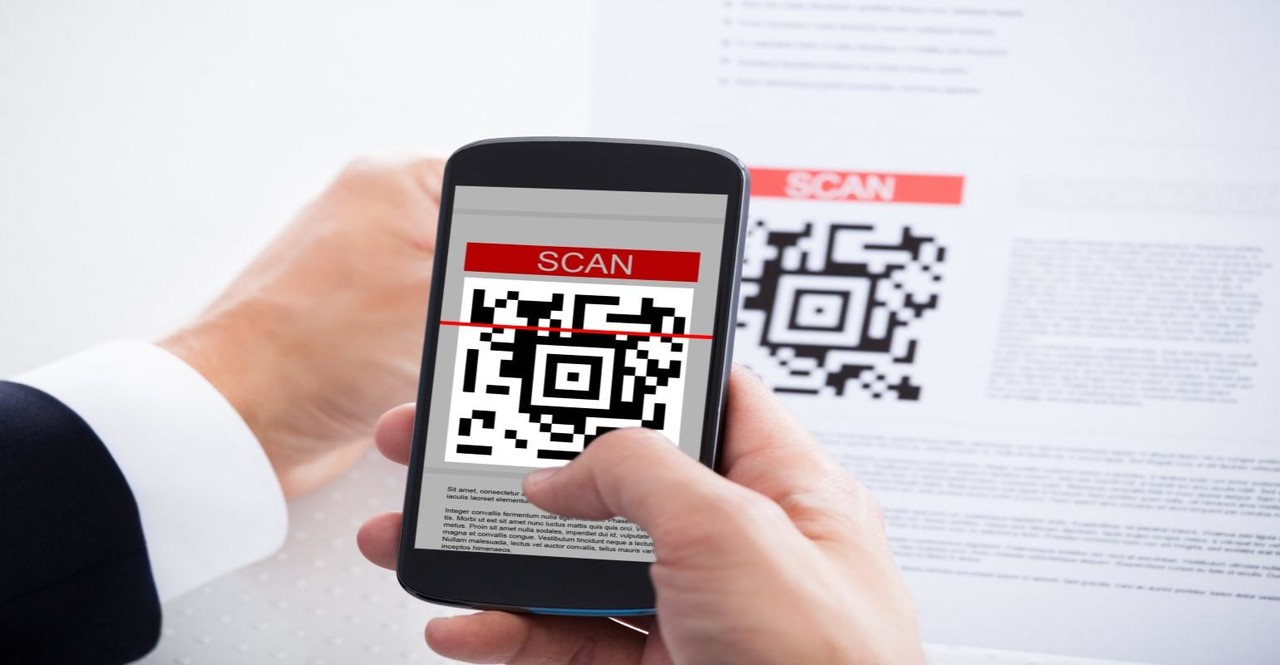
In today’s fast-paced global marketplace, efficient supply chain management is crucial for businesses to thrive. The emergence of technology has revolutionized the way supply chains operate, and one technology that has made a significant impact is the Quick Response (QR) code. QR codes have transformed supply chain management by improving inventory tracking, enhancing product authentication, streamlining logistics, and fostering transparency. In this article, we will explore the impact of QR codes on supply chain management and how they are reshaping the industry.
Inventory Tracking and Management
QR codes have greatly improved inventory tracking and management processes. By assigning unique QR codes to individual products, manufacturers and suppliers can track their inventory in real-time. Scanning QR codes at different stages of the supply chain allows businesses to monitor stock levels, track product movement, and identify potential bottlenecks or delays. With accurate and up-to-date inventory information, businesses can optimize their inventory levels, reduce wastage, and ensure timely product availability.
Product Authentication and Anti-Counterfeiting
Counterfeit products pose significant risks to businesses and consumers alike. QR codes have become a powerful tool in combatting counterfeiting and ensuring product authenticity. Manufacturers can embed QR codes with unique identifiers that link to a secure database containing detailed product information, such as origin, manufacturing date, and batch numbers. By scanning the QR codes, consumers, retailers, and even customs officials can verify the authenticity of products, mitigating the risk of counterfeit goods entering the supply chain and protecting brand reputation.
Supply Chain Visibility and Transparency
QR codes enhance supply chain visibility and transparency by providing access to comprehensive product information. Scanning a QR code allows stakeholders to trace the product’s journey from its origin to its final destination. This transparency enables businesses to identify inefficiencies, optimize processes, and ensure compliance with regulatory standards. Additionally, QR codes can provide information about ethical sourcing, sustainability practices, and social responsibility initiatives, fostering trust and accountability throughout the supply chain.
Streamlined Logistics and Delivery Processes
QR codes streamline logistics and delivery processes, reducing errors and enhancing efficiency. By attaching QR codes to packages, parcels, or shipping containers, logistics personnel can easily scan the codes at different checkpoints, ensuring accurate tracking and monitoring of shipments. QR codes can contain information such as shipping details, destination addresses, and delivery instructions, enabling seamless coordination between different parties involved in the logistics process. This streamlined approach minimizes delays, improves customer satisfaction, and optimizes the overall supply chain operations.
Data Collection and Analytics
QR codes enable businesses to collect valuable data throughout the supply chain, providing insights for informed decision-making and process optimization. By analyzing data obtained from QR code scans, businesses can identify patterns, trends, and potential areas for improvement. This data can help optimize inventory levels, identify demand fluctuations, enhance forecasting accuracy, and streamline production processes. By harnessing the power of QR codes and data analytics, businesses can gain a competitive edge by making data-driven decisions and continuously improving their supply chain operations.
Enhanced Customer Engagement
QR codes provide opportunities for businesses to engage with customers and enhance the overall customer experience. By scanning QR codes on product packaging or promotional materials, customers can access additional product information, user manuals, instructional videos, or customer support channels. QR codes also facilitate post-purchase interactions, such as product registration, warranty activation, or product feedback. This engagement fosters customer loyalty, improves brand perception, and enhances the overall customer experience.
In conclusion, QR codes have had a profound impact on supply chain management, transforming the way businesses track inventory, authenticate products, streamline logistics, and ensure transparency. QR codes provide real-time visibility, enhance security, streamline processes, enable data-driven decision-making, and engage customers. As technology continues to evolve, QR codes will


